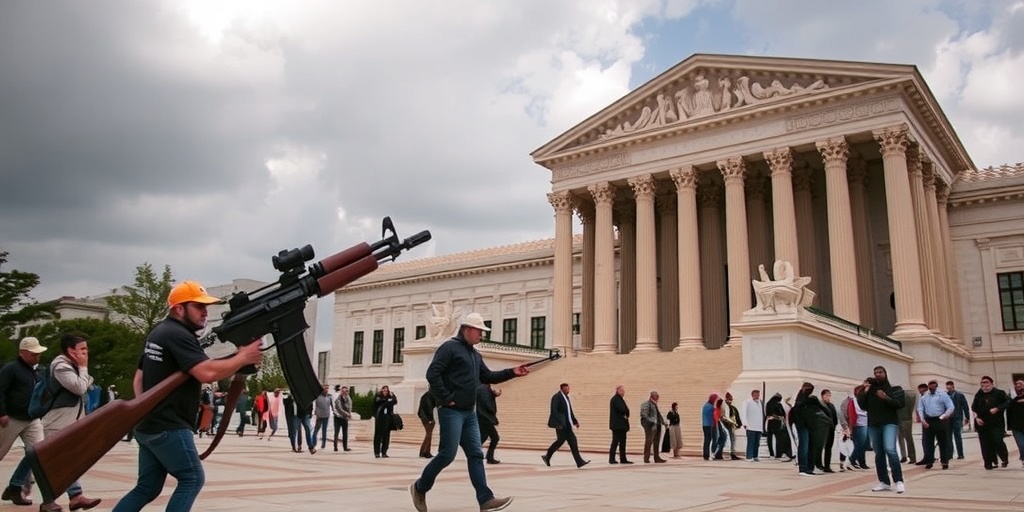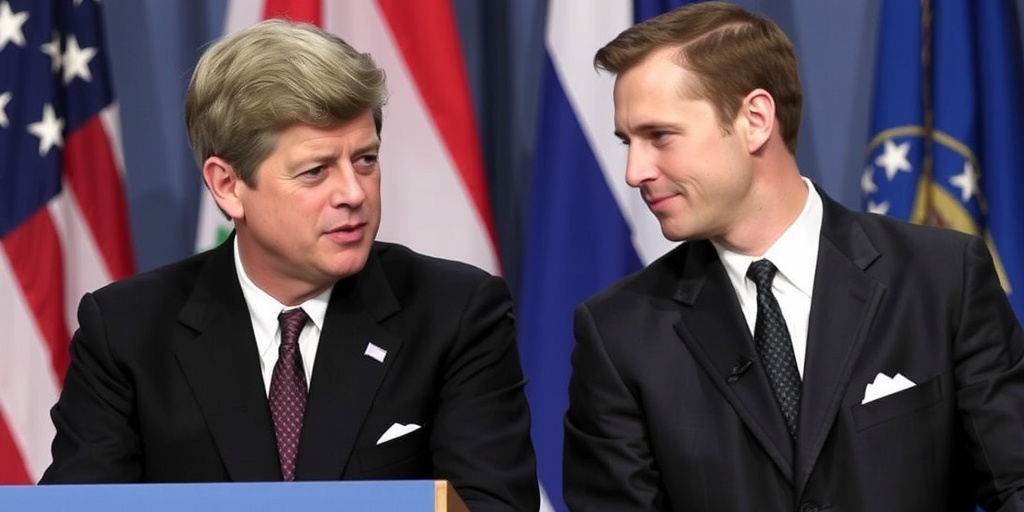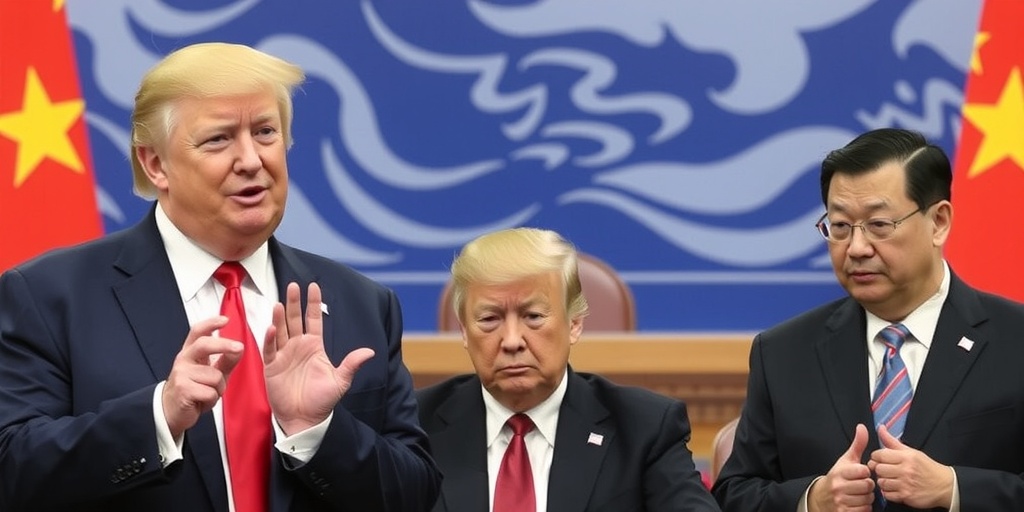Now Reading: Mexico to Blame Gun Makers for Cartel Violence at Supreme Court
-
01
Mexico to Blame Gun Makers for Cartel Violence at Supreme Court
Mexico to Blame Gun Makers for Cartel Violence at Supreme Court

Mexico Challenges U.S. Gun Manufacturers in Landmark Supreme Court Case
Mexico’s President Claudia Sheinbaum recently issued a strong warning regarding the potential designation of drug cartels as terrorist organizations by the Trump administration. During a news conference, Sheinbaum articulated Mexico’s intention to expand its ongoing lawsuit against U.S. gun manufacturers if such a designation occurs, highlighting the tense dynamics between the two nations over the persistent issue of cartel violence.
At the heart of this legal battle is an unprecedented lawsuit currently poised to be reviewed by the U.S. Supreme Court, wherein Mexico contends that American firearm manufacturers are complicit in the escalating violence attributed to drug cartels. The lawsuit argues that the majority of firearms involved in crimes in Mexico originate from the United States. In light of this, Mexico is pursuing around $10 billion in damages for the detrimental impact of U.S. gun sales on its society.
This case reflects an inversion of the typical narrative propagated by former President Trump, who has often blamed Mexican drug cartels for the increase in violence in the U.S. Instead, Mexico’s position underscores the assertion that U.S. gun manufacturers are facilitating the flow of weapons into the hands of dangerous criminal organizations.
The current litigation occurs amid heightened tensions between the two countries, especially with the Trump administration pressuring Mexico to take more aggressive action against illegal migration and cartel-related activities. Coinciding with the Supreme Court’s deliberation on the gun lawsuit, tariffs on imports from Mexico are set to take effect, further complicating the diplomatic landscape.
Trump’s administration has taken steps to combat cartel influence, including designating several cartels as foreign terrorist organizations. This designation raises the prospect of consequences for U.S. businesses linked to these groups, worrying the Mexican government over potential infringements on its sovereignty.
Representatives for Mexico argue that American gun manufacturers play an active role in what they’re calling an "iron river" of firearms that flow into Mexico, enabling cartels to flourish. They point out that rigorous regulations on gun ownership in Mexico prevent civilians from purchasing military-style weapons, with estimates suggesting that as many as 500,000 firearms are smuggled from the U.S. into Mexico each year.
Jonathan Lowy, president of Global Action on Gun Violence, who has participated in the case on behalf of Mexico, highlighted the inefficacy of combating the flow of firearms at the individual level. His assertion emphasizes the need to address the problem at its source—U.S. gun manufacturers.
The lawsuit has faced considerable opposition, particularly from groups such as the National Rifle Association (NRA). The gun manufacturers assert that the lawsuit could undermine Second Amendment rights in the United States. The NRA contended in statements that Mexico’s actions aim to obliterate American firearm rights and threaten the country’s arms industry financially.
As the Supreme Court deliberates, there are concerns regarding the potential implications of the court’s composition, which currently holds a conservative supermajority. Historically, this group has been inclined to expand gun rights rather than restrict them, casting uncertainty on Mexico’s legal strategy.
Despite the hurdles, Mexico has expressed a commitment to confronting U.S. gun manufacturers. The Mexican government has already taken steps by filing lawsuits against various gun stores in Arizona, suggesting that this litigation may only be the beginning of a broader initiative to combat gun trafficking.
Efforts to curtail the influence of drug cartels have seen a recent uptick in cooperation, as evidenced by Mexico’s recent move to extradite nearly 30 cartel operatives to the U.S. Nonetheless, significant divisions persist within the U.S. government regarding possible military interventions in Mexico to combat the drug trade.
The roots of this legal battle trace back to a 2021 lawsuit where Mexico first sued several gun manufacturers, alleging that the violence resulting from cartels was foreseeable due to the companies’ business practices. However, a judge dismissed the initial case, citing a federal law that shields gun manufacturers from liability for actions stemming from their products.
In a recent development, a panel of judges from the U.S. Court of Appeals for the First Circuit reinstated Mexico’s lawsuit, determining that it met the criteria for litigation based on known violations of gun laws directly leading to injuries.
Gun manufacturers have petitioned the Supreme Court to engage with the case of "Smith & Wesson Brands v. Estados Unidos Mexicanos." Their legal representation contends that their actions are lawful within the context of U.S. regulations and cannot be held accountable for the illicit activities of drug cartels beyond U.S. borders.
As the legal battle unfolds, the implications stretch far beyond the court’s decision—addressing the intertwined issues of gun violence, drug trafficking, and international relations between Mexico and the United States. Whatever the outcome, the Supreme Court’s ruling could set significant precedents regarding accountability for manufacturers and the intricacies of transnational crime.
Stay Informed With the Latest & Most Important News
Previous Post
Next Post
-
 01New technology breakthrough has everyone talking right now
01New technology breakthrough has everyone talking right now -
 02Unbelievable life hack everyone needs to try today
02Unbelievable life hack everyone needs to try today -
 03Fascinating discovery found buried deep beneath the ocean
03Fascinating discovery found buried deep beneath the ocean -
 04Man invents genius device that solves everyday problems
04Man invents genius device that solves everyday problems -
 05Shocking discovery that changes what we know forever
05Shocking discovery that changes what we know forever -
 06Internet goes wild over celebrity’s unexpected fashion choice
06Internet goes wild over celebrity’s unexpected fashion choice -
 07Rare animal sighting stuns scientists and wildlife lovers
07Rare animal sighting stuns scientists and wildlife lovers





















